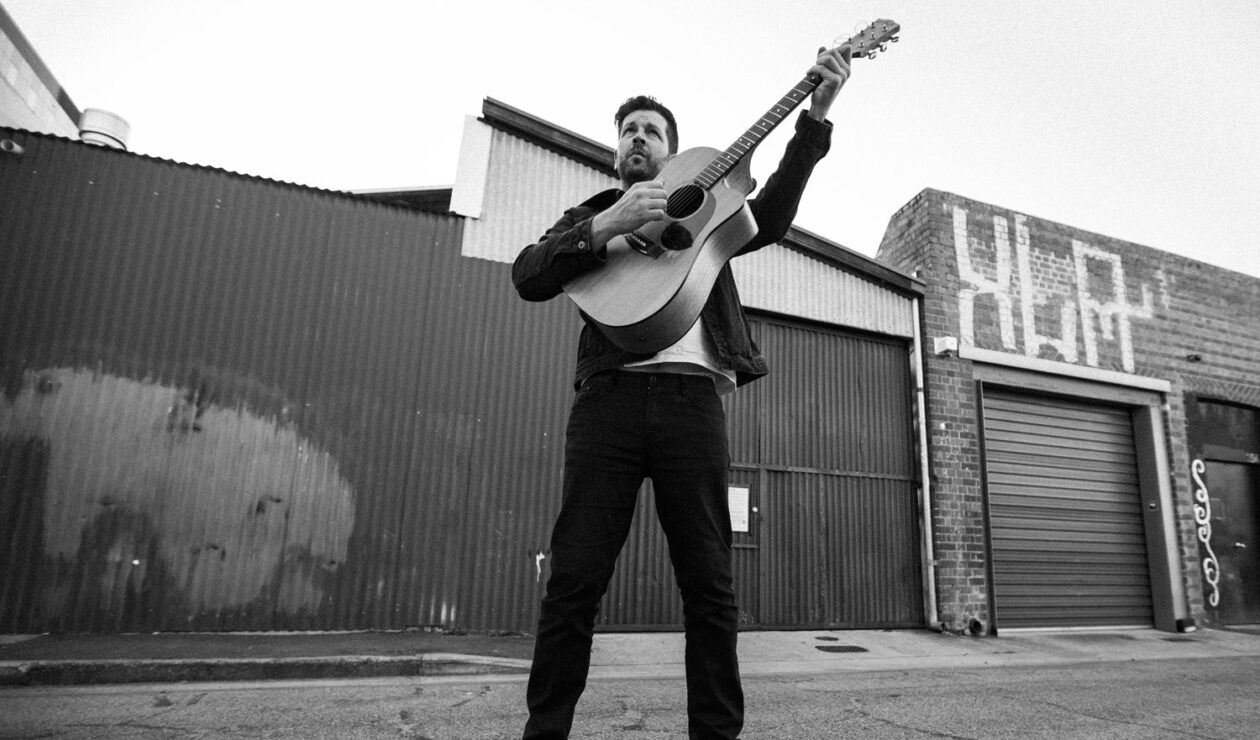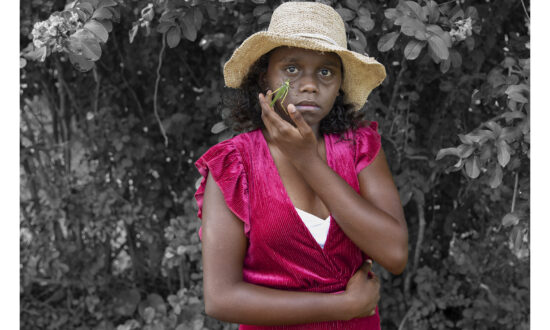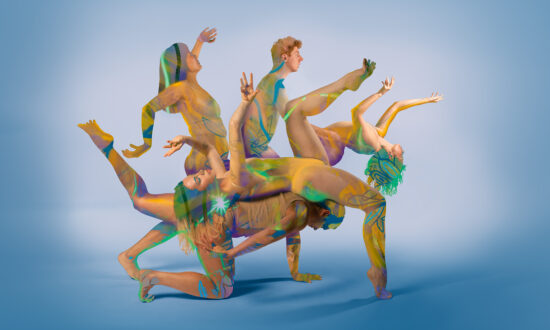Benjamin’s Concrete Connection
Benjamin Roberts, a familiar face to many music lovers as the founder of the Ukulele Death Squad and The Timbers, is hitting the streets of Adelaide’s CBD – all 577 of them – in support of mental health.
The self-described “Australian folk balladeer” has dubbed his fundraising journey The Concrete Connection Project and vowed to spend at least 20 minutes “creating or performing” on each street, laneway and alley. Where busking or music performances aren’t permitted, Roberts says he will undertake activities such as talking with local musicians in “podcast-style content” and “live” songwriting.
The aim, he explains on a Go Fund Me page set up to support the project, is “to help knock down the walls of stigma surrounding mental health and raise vital funds and awareness for charities that support people experiencing mental health issues”.
Roberts is aiming to complete the south-west quarter of the city before June 28, and he’s sharing his schedule on Facebook and Instagram so followers can see where he’s going to pop up next. Under the name Rueful Ben, he’s also released a new single titled “Anthem”, about the power of music to help combat depression.
The future is blak
A call for the reopening and reinvigoration of Tandanya National Aboriginal Cultural Institute is among the South Australian priorities that were identified during the Blak Futures gathering led by some of the country’s foremost First Nations artists.
The two-day event – co-presented by Australian Dance Theatre, BlakDance and the Adelaide Festival as part of the latter’s Time to Talk series – was held at the Odeon Theatre in Norwood in March and has culminated in the release this week of two collective statements (available here) aimed at starting “a national conversation about the future of blak artistry”.
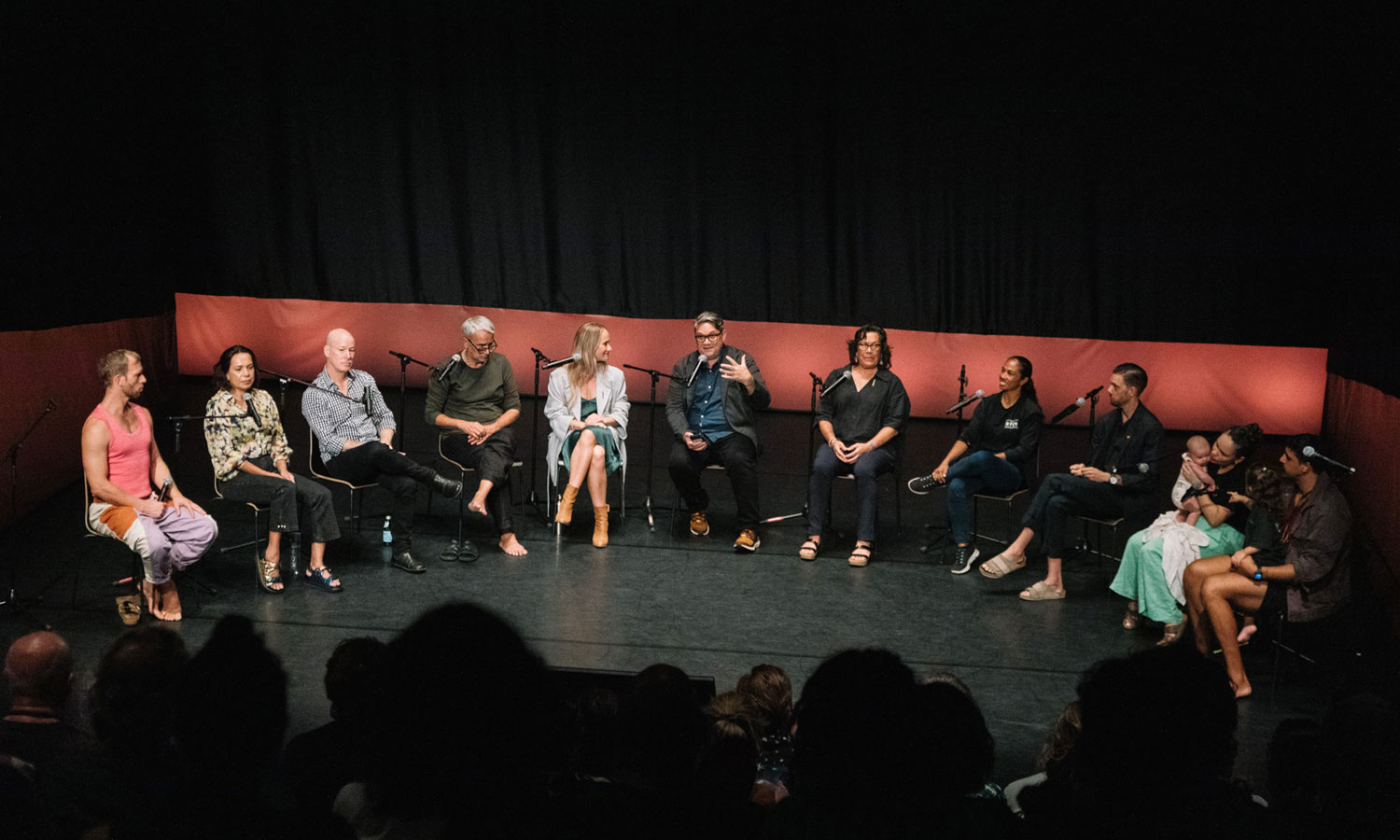
Speakers at the Blak Futures event. Photo: Thomas McCammon
The national collective statement identifies priorities for First Nations dance companies in Australia, including professional pathways for cultural dancers, funding for a bridging program for small-to-medium contemporary companies into four-year federal support, and increased investment in First Nations hubs locally and nationally.
Among other recommendations, the South Australian collective statement urges investment in the future of Tandanya, which has been closed since last year. “Tandanya is the oldest First Nations-run cultural institution in Australia and an unparalleled legacy for South Australia and our community,” it says. “Investing in the re-opening and future of Tandanya will provide a dedicated space and cultural hub for artistic and cultural practices, ceremony and cultural leadership.”
Blak Futures was facilitated by Wesley Enoch and Marilyn Miller, with artists from key national dance companies leading conversations with members of SA’s First Nations community, local and federal government representatives, and other stakeholders.
“Blak Futures was an incredibly special weekend and felt like the start of an important conversation that will have ripple effects for generations of Blak artists,” says Merindah Donelly, co-CEO and executive producer of BlakDance.
What Are We Fighting For?
After sharing the story last week about the documentary Madge & Bibs and the Advancing Girls, we’ve learnt of another interesting screening taking place during the SA History Festival – this time shedding light on the anti-Vietnam War protests in South Australia.
Presented by Carolyn Corkindale and Christine Belford, What Are We Fighting For? features interviews with people who were in Vietnam, archival footage, and original photos and music from the times. It originally screened at last year’s Adelaide Film Festival and will have two further screenings during History Festival at Wallis Mitcham on May 15 and 23, to be followed by a Q&A with the producers. Here’s a teaser:
The River returns
Slingsby is bringing its 2023 Adelaide Festival show The River that Ran Uphill back to the local stage for school audiences this month ahead of an interstate tour.
The show centres on Ni-Vanuatu man Edgell Junior’s first-hand experience of living through devastating Cyclone Pam when it hit his homeland in 2015 – including a surreal incident involving a little girl who miraculously survived the tempest. Now based in SA, Edgell is a member of Slingsby’s Flying Squad, which created the original show.

Get InReview in your inbox – free each Saturday. Local arts and culture – covered.
Thanks for signing up to the InReview newsletter.
“With warm, cheeky humour and engaging description, he completely immerses us in his tale,” InReview reviewer Rachael Mead wrote of his performance in the Adelaide Festival season, adding that the effects created by the Flying Squad – including light and shadow play – were spellbinding.
Directed by Andy Packer and Clara Solly-Slade, and aimed at audiences aged eight and up, The River that Ran Uphill will be presented at Slingsby’s Hall of Possibilities from May 21-23 (details here).
The Art of Dying
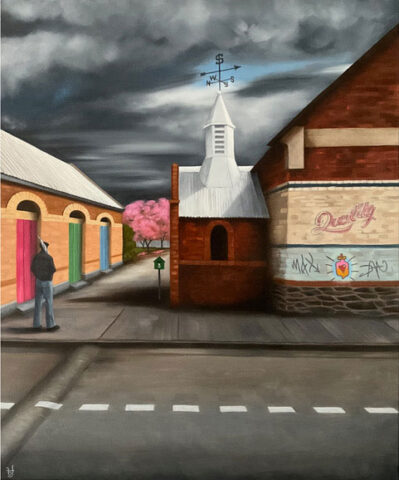
Barbara Harkness, 3 Mile End.
More than 40 South Australian artists will offer their perspectives on the topic of death and dying at an exhibition and fundraising event being held at praxis ARTSPACE on June 1.
The Art of Dying is being presented by Pure Land Home Hospice, an Adelaide community-based organisation providing in-home palliative care, with the ticketed event to feature artist Gill Hicks as guest speaker and a performance by soprano Sidonie Henbest. The works in the exhibition – by artists including Megan O’Hara, Barbara Harkness, Deidre But-Husaim, Monika Morgenstern, Catherine Buddle and Tim Gruchy – will be for sale on the night, with proceeds also going to the hospice.
Full details can be found here. The exhibition will also be open to the public from 11am to 3pm on June 2.
SASA submissions
Nominations are still open for the South Australian Screen Awards, with prizes up for grabs across 28 categories ranging from best feature film and best drama, to best web series and best music video.
The awards, presented annually by the Mercury, aim to celebrate the local screen industry and recognise emerging talent. The deadline for submissions (here) has been extended to June 3, with nominee screenings scheduled for June 17-21 and the SASA red carpet gala taking place on June 22.
Green Room is a regular column for InReview, providing quick news for people interested, or involved, in South Australian arts and culture.
Get in touch by emailing us at editorial@solsticemedia.com.au
Support local arts journalism
Your support will help us continue the important work of InReview in publishing free professional journalism that celebrates, interrogates and amplifies arts and culture in South Australia.
Donate Here
